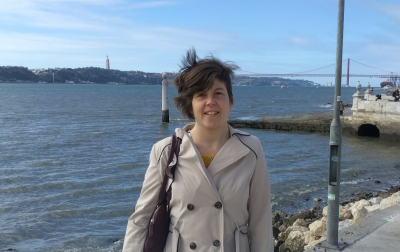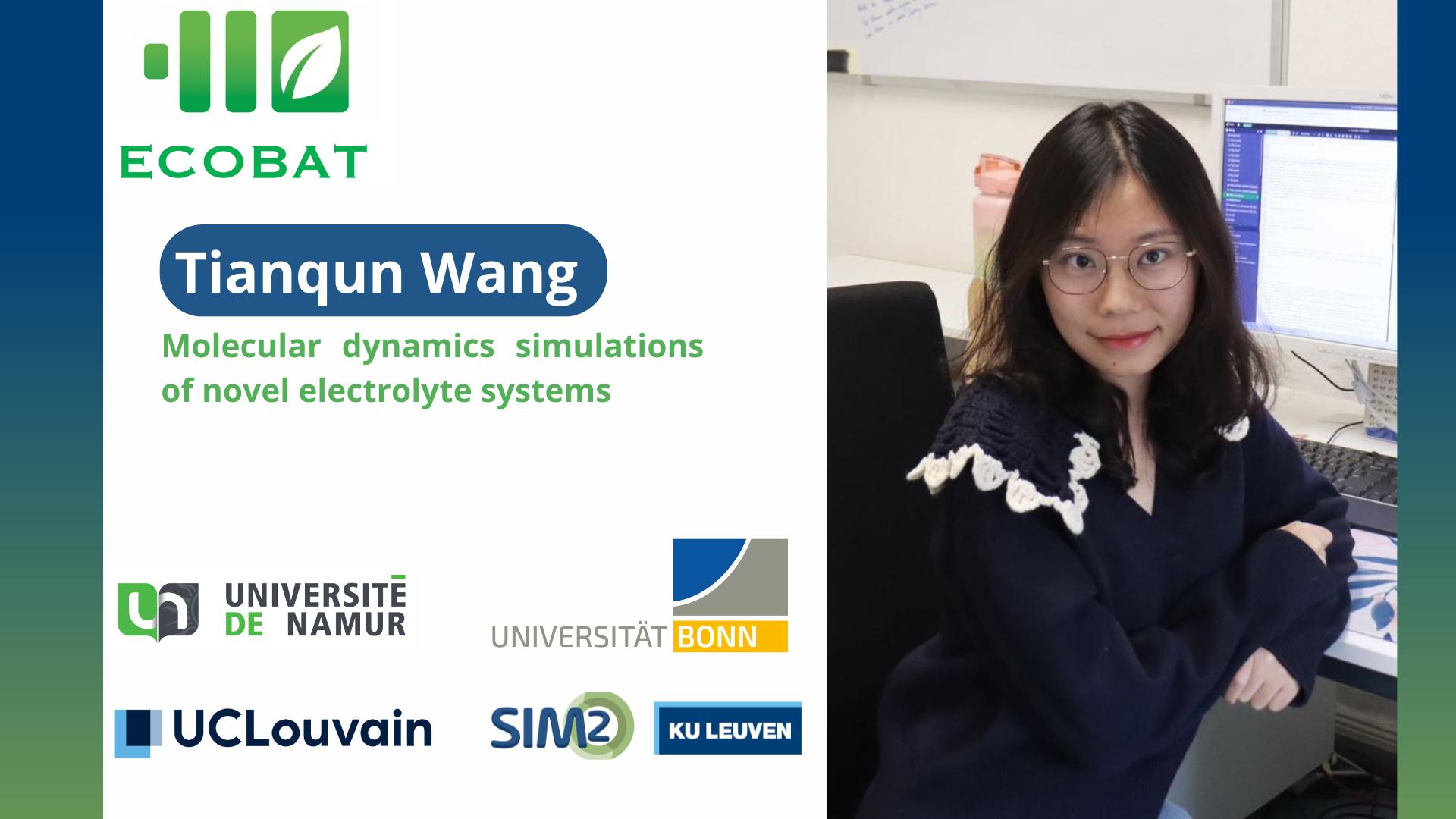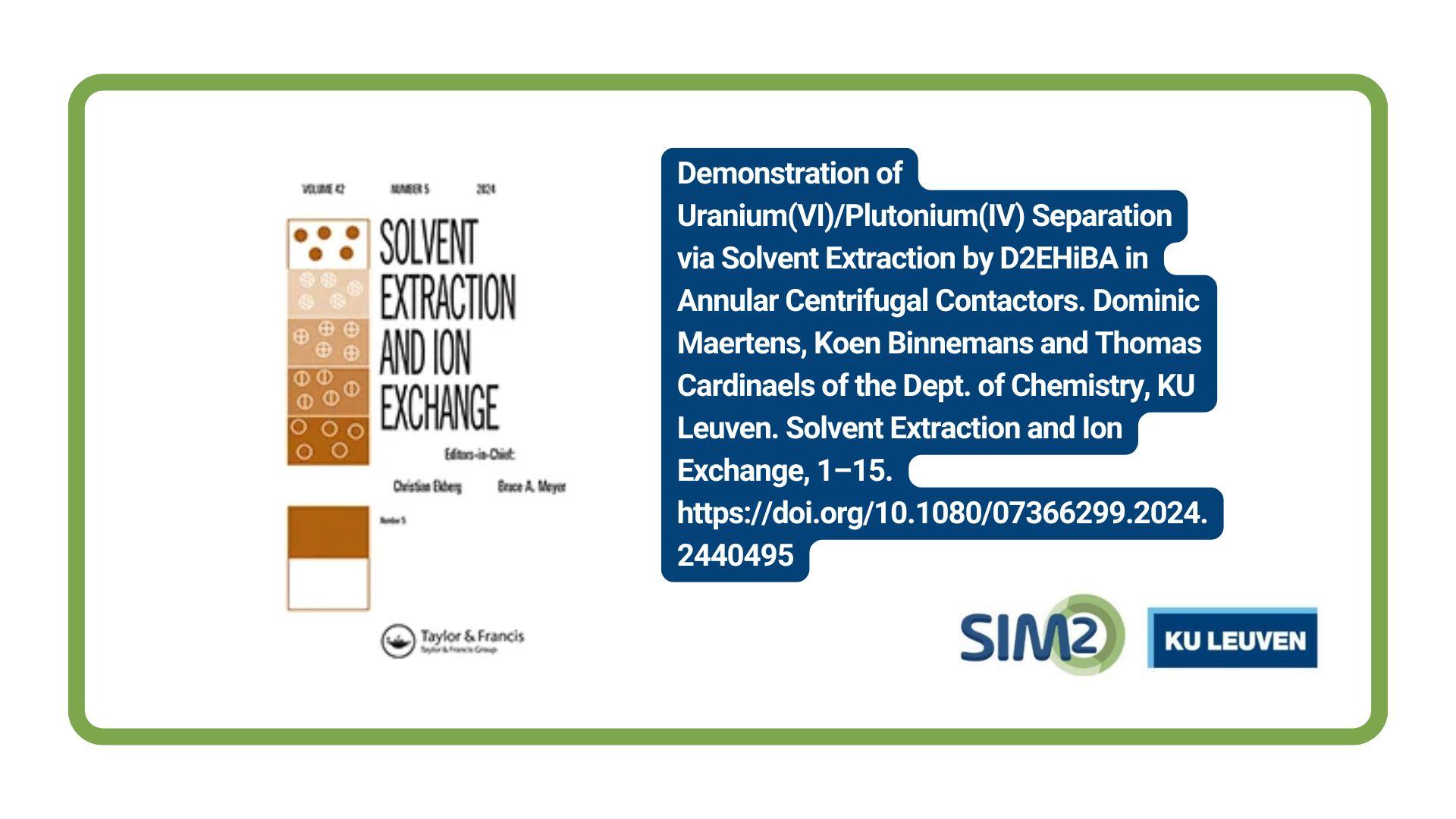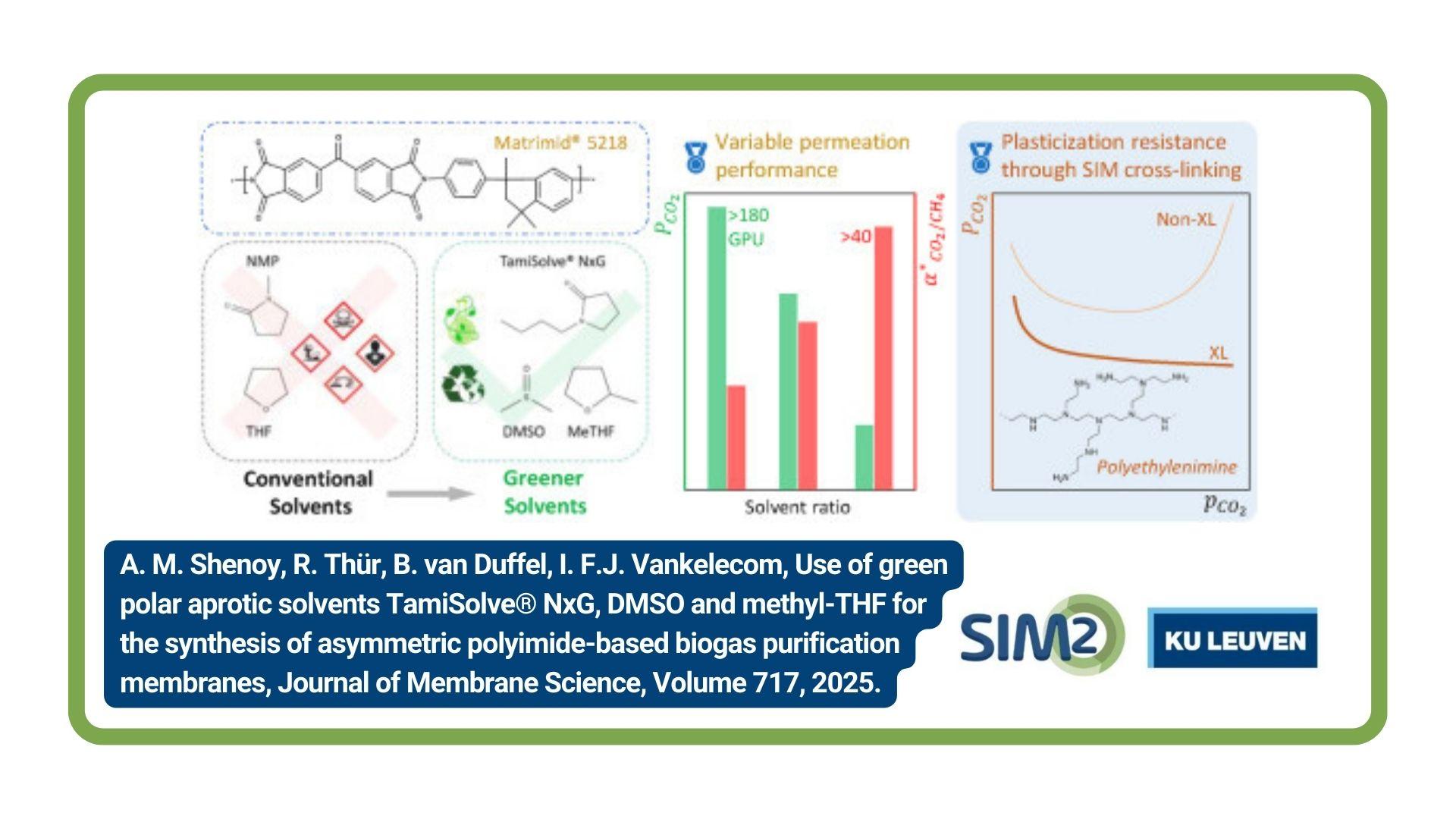Dr. Annelies Malfliet is research expert at the Department of Materials Engineering, where she works in the research group of High Temperature Processes and Industrial Ecology. She coordinates the Centre for High Temperature Processes and Sustainable Materials Management (the so-called HiTemp Centre). Find out more about Annelies Malfliet and her work in the interview below. (PTJ/PW, Leuven, 13/12/2018)
Why did you choose to work in Leuven/Belgium?
I was born and raised in Belgium. After finishing secondary school, my interest in the studies of Civil Engineering guided me to the KU Leuven. I then decided to start a PhD at the department of Materials Engineering and I am since then working in the same research group, which is now for 13 years.
What are you working on?

Within the group of High Temperature Processes and Industrial Ecology, I work on different projects, mostly in close collaboration with the metallurgical and residue valorisation industry. My main expertise is within the field of refractory materials for metallurgical furnaces and in the characterisation of the microstructure and composition of materials (see also Research Line 1 in SIM² KU Leuven: Geological exploration and advanced resource characterisation). I coordinate the Centre for High Temperature Processes and Sustainable Materials Management, which is a collaboration between our research group and Aperam, Umicore, Metallo and Orbix. Besides these activities, I am co-supervisor of several PhD and master thesis students, and I organise the International Slag Valorisation Symposium, which is a two-yearly event attended by the community active in the valorisation of high-temperature residues (the 6th edition is to take place in Mechelen, Belgium on 1-5 April 2019).
What attracts you in the research project you are working on?
The projects I am working on involve research questions from the industry related to their products or processes, for which we aim to provide insights through experiments, characterisation, modelling, etc. It is this combination of developing scientific understanding to solve an industrially relevant question, that attracts me the most. In my current position I am managing a broad spectrum of tasks and responsibilities, from developing to executing and coordinating research projects. This is sometimes challenging, but it allows me also to learn and contribute in many aspects.
If you had a time machine, what point in the past or future would you visit? Why?
I would like to go once back to the moments when our two children were born. It is amazing how fast they are growing, and what they have realised (each in their own way) over the past years. I therefore would like to hold them once again in my arms when they were still very little, because this is the moment their journey started.
If you didn’t need a job, were healthy, and had plenty of time, what would you do?
Even if I would not need a job, I would still like to work, as it brings some meaning to our life and fulfils our need to contribute. The idea of having ‘plenty of time’ is, however, very appealing. If I would have plenty of time, I would at least spend more time in our garden. I now don’t take care of our garden due to lack of time, which is a pity, because I would enjoy gardening, watch the plants grow and provide flowers or vegetables.
What is the strangest talent you have?
I don’t think I have many strange talents. But maybe jumping with a dress and high heels over a Fit-O-Meter bar could fall within this category…
Biography Annelies Malfliet

Annelies Malfliet was born in Edegem, Belgium, in 1982. She obtained her PhD degree in 2010 in the research group of “Thermodynamics in Materials Engineering” at the Department of Materials Engineering at the KU Leuven under the supervision of Prof. Dr. Ir P. Wollants and Prof. Dr. Ir B. Blanpain. Between 2010 and 2016, she worked as a postdoc in the same research group (which changed to “High Temperature Processes and Industrial Ecology”) on diverse projects, thereby gaining expertise in phase equilibria, high temperature materials, degradation mechanisms, high temperature experimentation and characterisation (SEM, EPMA, TEM, XRD, …). Within this period, she also started with the coordination of the Centre for High Temperature Processes and Sustainable Materials Management, which is a collaboration between the research group and Aperam, Umicore, Metallo and Orbix. In 2016, she obtained the function of research expert at the Department of Materials Engineering.
HiTemp Centre?
The Centre for High Temperature Processes and Sustainable Materials Management consists of a co-operation between the research group and leading materials and recycling companies, including Aperam, Umicore, Orbix and Metallo. It’s mission is to support its industrial partners in developing more sustainable high-temperature processes using a problem-driven, deep-science approach. Find out more about the centre here.






